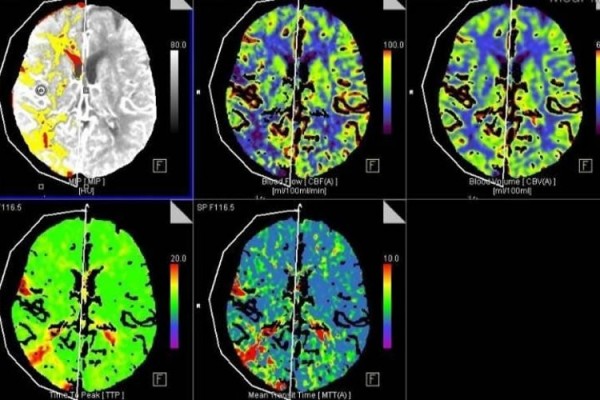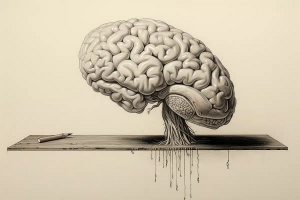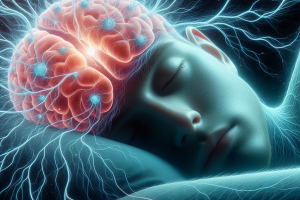COVID-19 may increase blood clotting and blockage of brain blood vessels
Clinical observations of COVID-19 patients, who went on to have a stroke, suggest coronavirus may cause clots within blood vessels (arteries) in the brain, finds a team of neurologists from UCL and UCLH (the National Hospital for Neurology and Neurosurgery), London.
The findings suggest early testing for D-dimer, a protein fragment in the blood associated with increased blood clotting (thrombosis) in COVID-19 patients, could enable clinicians to prescribe specific treatments, including anticoagulants (“blood thinners”), at a much earlier stage, which might reduce the number of people subsequently having further strokes or blood clots elsewhere in the body.
In a research article published in the Journal of Neurology, Neurosurgery, and Psychiatry, corresponding author Professor David Werring (UCL Queen Square Institute of Neurology) and colleagues report on six consecutive patients assessed between April 1 to 16 2020 at the National Hospital for Neurology and Neurosurgery, London, (part of University College London Hospitals NHS Foundation Trust) with acute ischaemic stroke (due to blockage of a large brain artery) and proven COVID-19. Acute ischaemic stroke is caused by the sudden loss of blood circulation to an area of the brain, resulting in loss of neurological function.





Related Posts